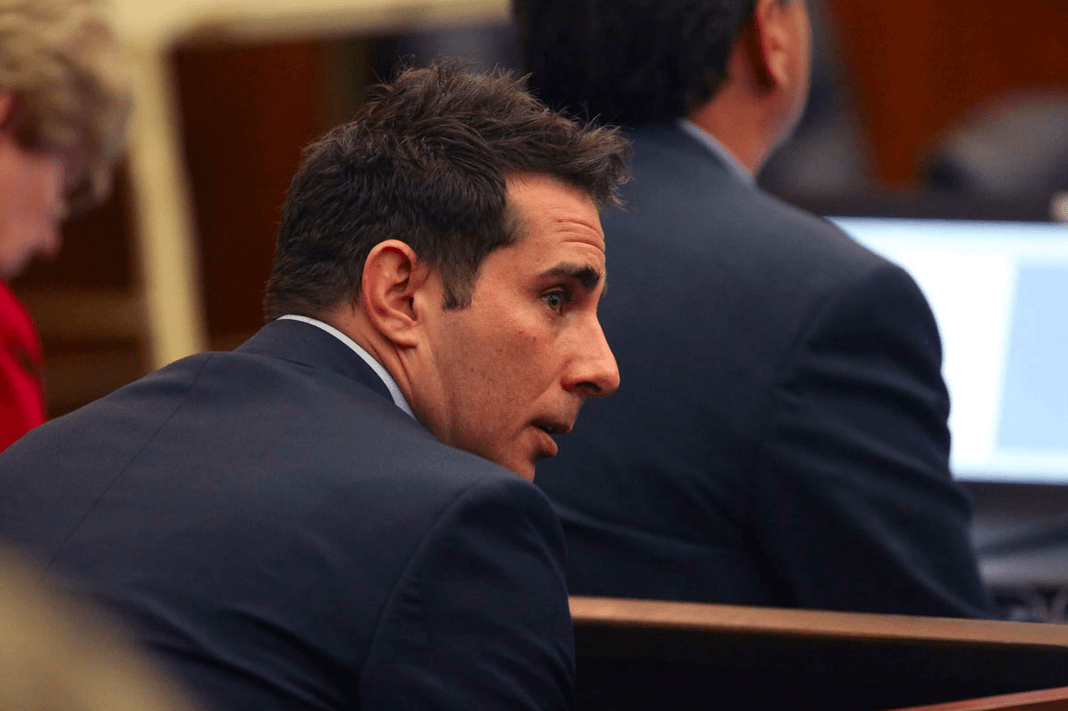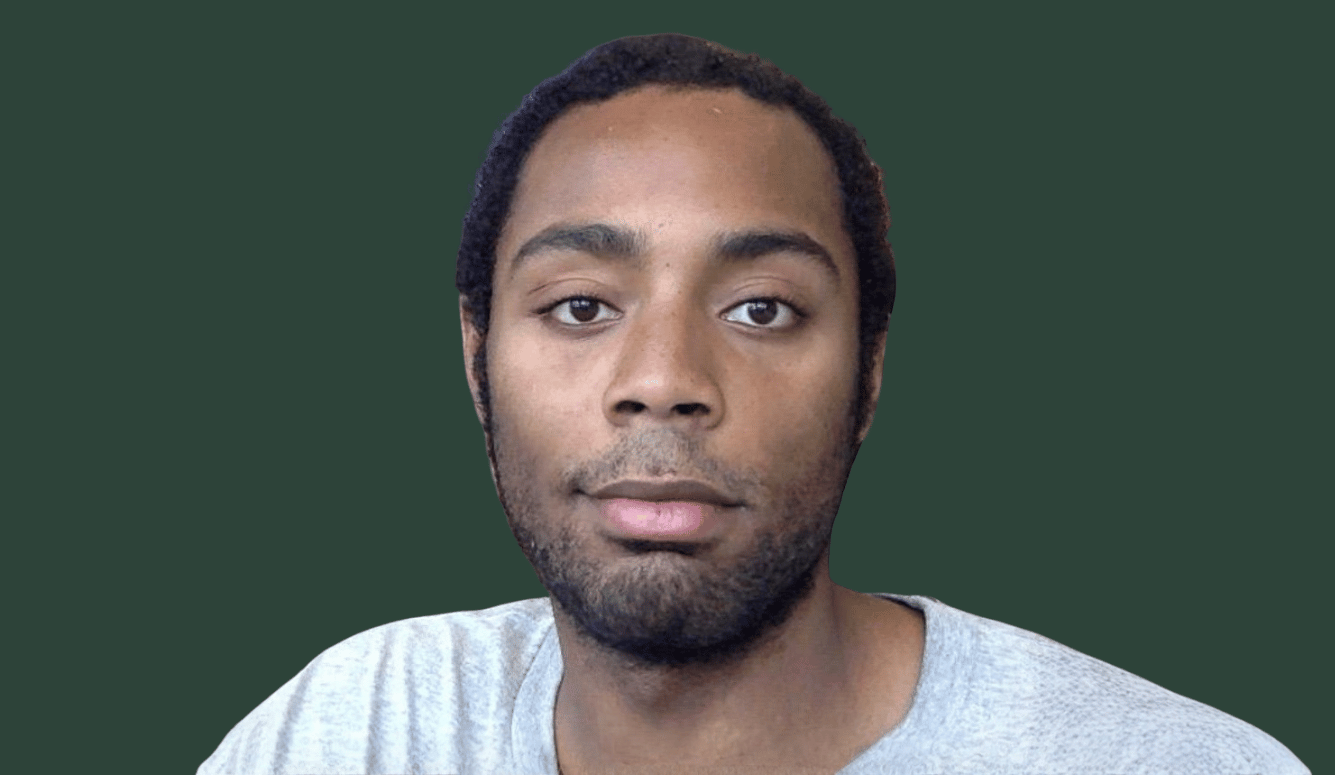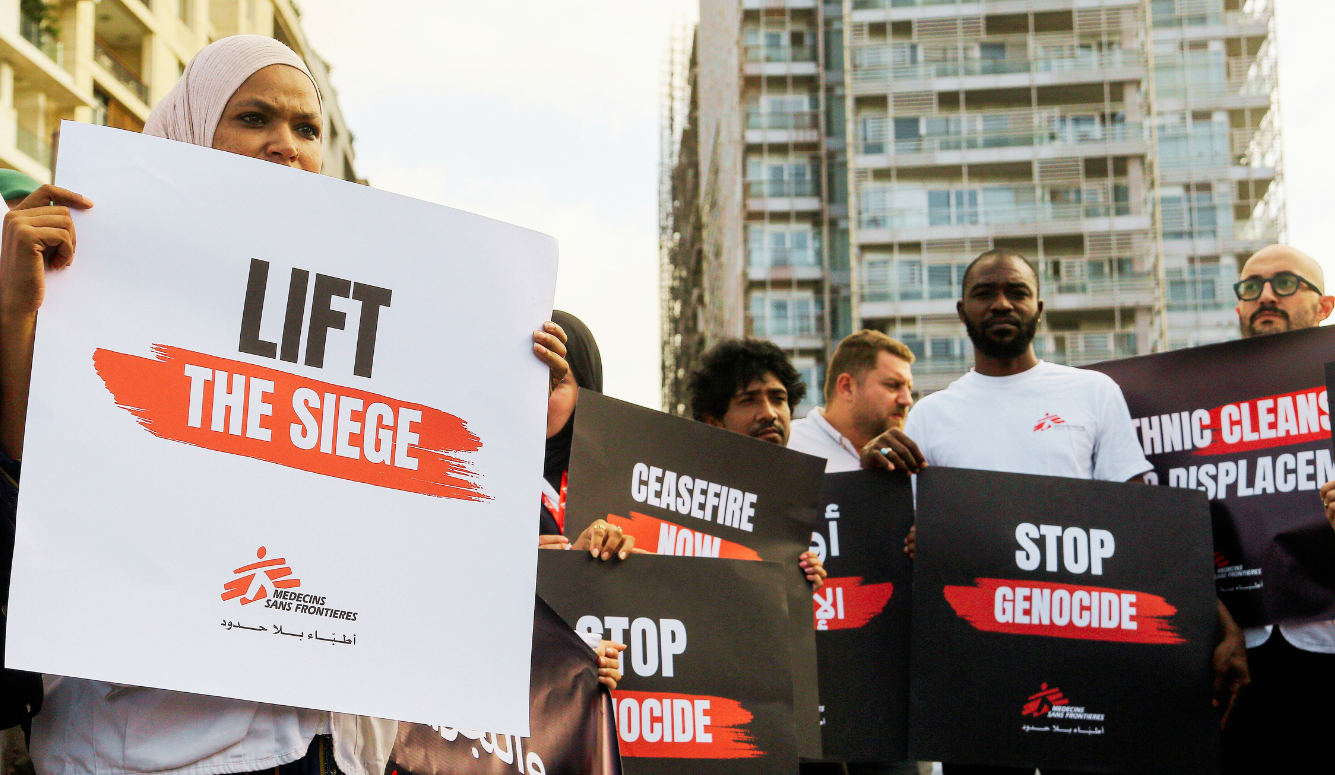Art and Culture
Thiel vs Gawker: Why a Defensive Media is the Real Threat to Free Speech
Gawker Media has tormented both powerful and not so powerful people for some time now.

In March this year, Terry Bollea (Hulk Hogan), was awarded $140 million in damages in an invasion of privacy lawsuit against Gawker Media.
Gawker Media is an online media company owned by Nick Denton, based in New York City and incorporated in the Cayman Islands. It is the parent company of several different blogs including the infamous pop-feminist rag Jezebel and the much maligned Valleywag and Kotaku.
Gawker Media has tormented both powerful and not so powerful people for some time now. In 2015, The Daily Beast reported that the online magazine belligerently hounded actor James Franco for years even going so far as to accuse him of being a “gay rapist”.





